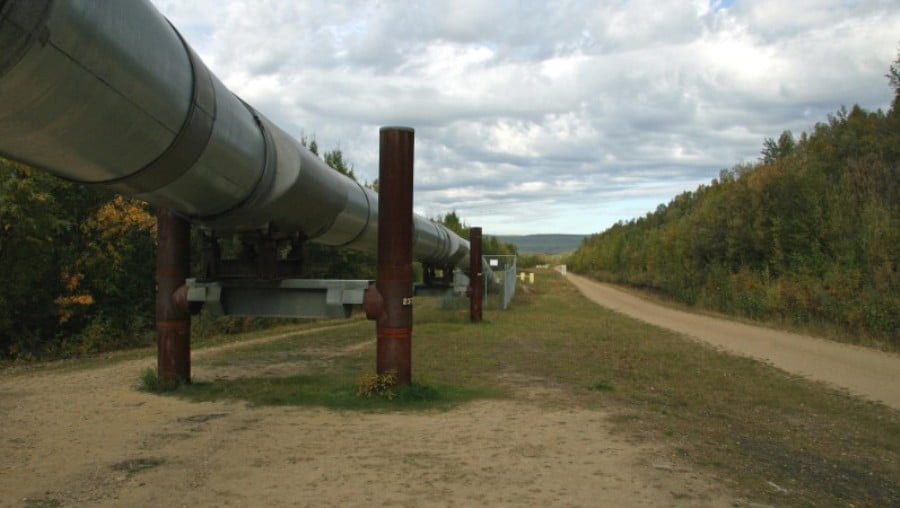As part of its commitment to identify, quantify and reduce methane emissions linked to its operations, TotalEnergies is partnering with Colorado State University to develop an international protocol for the qualification of methane emissions measurements.
As part of the Global Methane Pledge, the US Department of Energy (DOE) and the European Commission’s Directorate-General for Energy (DG-ENER) recognized the excellence and relevance of the Transverse Anomaly Detection Initiatives (TADI) developed by TotalEnergies’ Pôle d’Etudes et de Recherche de Lacq in France and the Methane Emission Technology Evaluation Center (METEC) of Colorado State University in the US, in order to become world references for the qualification of methane emission quantification technologies.
Such a transatlantic initiative is needed because there currently exists no agreement on how to validate methane emissions measurement methods, which is indispensable to compare reported emissions regardless of technology.
TotalEnergies and Colorado State University will collaborate using their platforms for this scientific partnership to:
- develop protocols to certify the accuracy, detection limits, and operational restrictions of the measurement methods used for methane accounting
- develop a method for estimating annual methane measurements from point measurements.
“TotalEnergies is committed to reducing methane emissions in line with its target of reducing them by 80% by 2030, as compared to 2020. The reduction of methane emissions requires an accurate quantification of these emissions. Defining a standard that certifies the accuracy of measurements and compare measurements between equipment and continents is a must,” said Marie-Noëlle Semeria, Chief Technology Officer at TotalEnergies.
“To this point, there was no standard that people could access to make their solutions viable around the world. I think we are taking a step toward that. There is a commercially enabling aspect to this that we find very exciting. There is a clear need for international engagement on methane measurement and reporting methods. It’s required if measurement results will be broadly accepted,” said Daniel Zimmerle, METEC Director.
A clear ambition: Aiming for zero Methane emissions through tangible objectives
The Company already halved its methane emissions at its operated sites between 2010 and 2020 by targeting all sources (reductions in flaring, venting, fugitive emissions, etc.) and introducing stricter design criteria for new facilities.
In line with the Glasgow agreements, the Company is setting new targets for its operated methane emissions for the current decade: reduction from 2020 levels of 50% by 2025 and 80% by 2030. The Company has also undertaken to keep methane intensity below 0.1% across its operated gas facilities.
The Company is also enhancing its reporting as part of OGMP 2.0, the second phase of the United Nations Environment Program’s Oil & Gas Methane Partnership. OGMP 2.0 outlines a reporting framework that encompasses the entire gas value chain and non-operated scope, including a breakdown of emissions by source, information on inventory methodologies and the use of airborne measurement campaigns. In 2022, TotalEnergies was awarded Gold Standard status. The Company is also a signatory of the Methane Guiding Principles.

